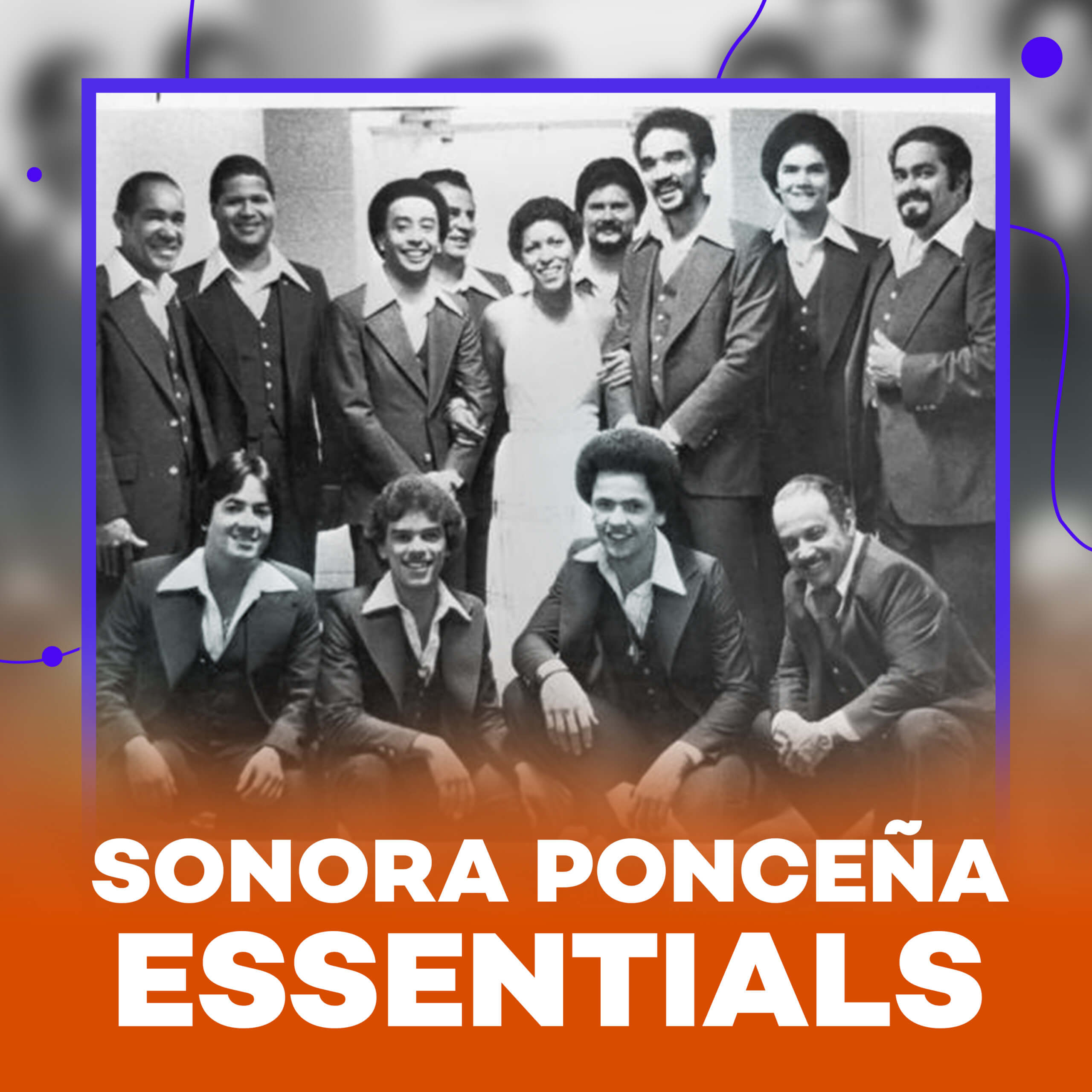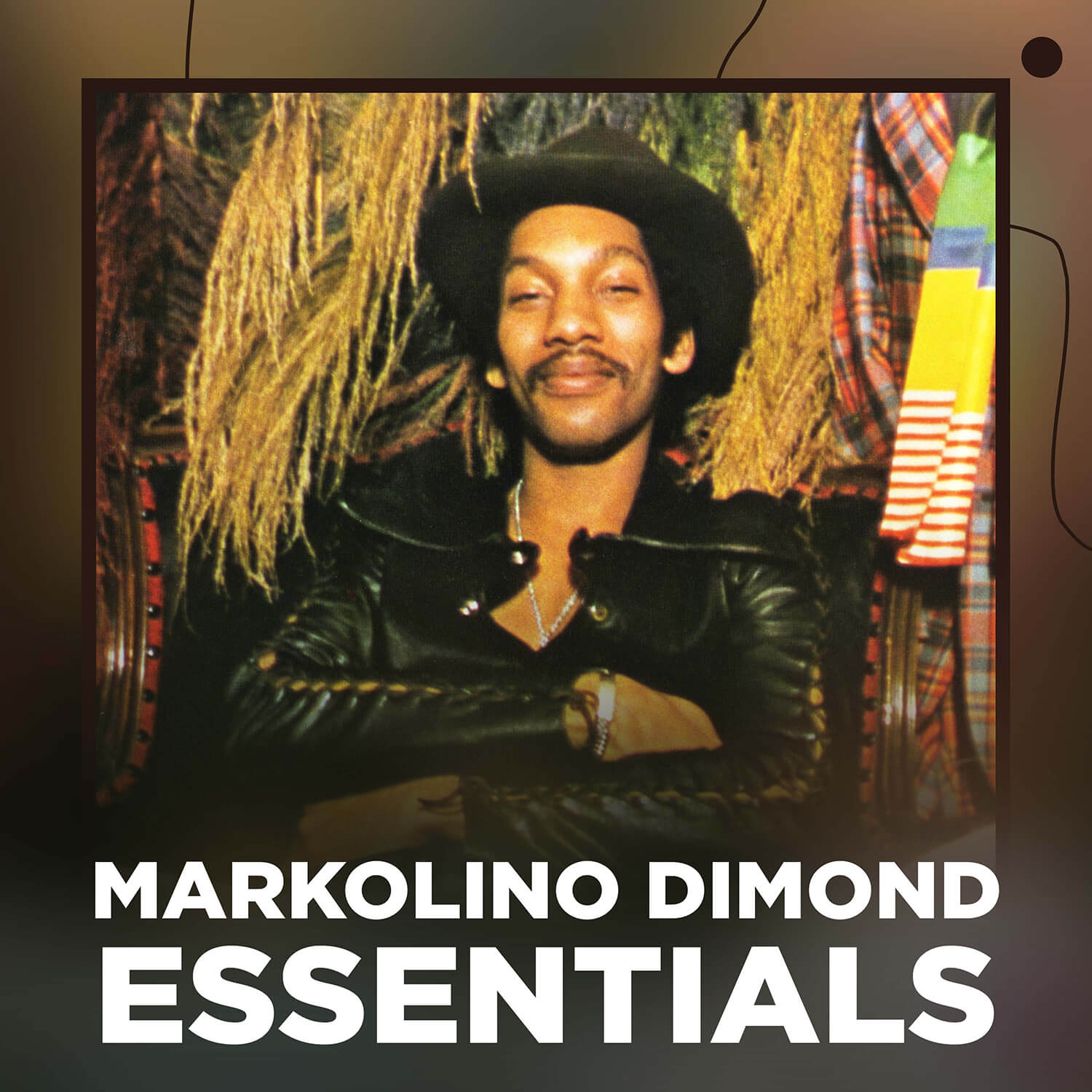
Lupe Victoria Yoli Raymond was born in the tiny town of San Pedrito in Santiago de Cuba in 1936. She died 55 years later of a masssive heart attack in New Jersey, where she resided at the time. She was known as “The Queen of Latin Soul,” “La Yi-yi-yi,” and other affectionate terms by her many fans across the world. But she was mostly recognized as La Lupe. She became world-famous with the help of TV hosts like Dick Cavett, Mike Douglas and others who loved bantering with her and watching her performances. She was exciting to watch and a pleasure to listen to as she pranced across stages and worked her show as only La Lupe could. There was no other like this excitingly talented Afro-Cuban vocalist/entertainer. However, in 1962, after becoming a local favorite on Cuban TV and stages, she was exiled from her native Cuba to Mexico for political reasons having to do with Fidel Castro’s revolution.
But this setback brought on the opportunity to fill a void in her heart, having known she could become a star in the US once given a chance. While in Cuba, she loved to impersonate singers she listened to on the radio and danced for the townspeople for a few centavos to help her family survive. But she never forgot the advice received from a Cuban idol: vocalist Olga Guillot counseled Lupe to be herself and stop imitating others. It wasn’t long before she made her way to New York where her idol, the burgeoning Cuban songstress, Celia Cruz, introduced her to Mongo Santamaria, who was leading his own successful Afro-Cuban band. Mongo was so impressed with Lupe that he hired her immediately to be lead singer for his group. And that was the break she needed to expose her extraordinary talents to the world. In 1963, the album Mongo Introduces La Lupe was released and she began to carve out a career of bright lights, fame and fortune for herself. The late, great king of Latin music, Tito Puente, caught her act while she performed for the Ray Barretto orchestra and snatched her up. And in 1965, the album Tito Puente Swings, The Exciting Lupe Sings was released by Tico Records and became an immediate winner. The combo went on to record a string of hits and by 1967 she recorded the album The Queen Does Her Thing as a solo performer, while still working with Tito and touring the world.
In 2002, she received the honor of having a street named “La Lupe Way” in her honor, in the Bronx, NY. She also recorded in English. Her version of “Fever” was an international hit and was used in many films including Birdcage and the TV series Magic City. Her antics were immediately adored by the gay community after she was impersonated by drag queen Nina Flowers on the TV show RuPaul’s Drag Race: All Stars. The life of this exciting, exuberant entertainer needs to be reported to the world and is available for viewing in various films and documentaries on the Internet. Sadly, she died quietly in her sleep, with nothing but the memories she created for the multitude of fans who abundantly adored … La Lupe: The Queen of Latin Soul.

Yomo Toro

Richie Ray & Bobby Cruz

Pete “El Conde” Rodriguez

Sonora Ponceña

Larry Harlow

La Lupe

Celia Cruz

Fania All Stars

Roberto Roena

Joe Bataan

Ruben Blades

Bobby Valentin

Eddie Palmieri

Hector Lavoe

WILLIE COLON

Ray Barretto

Tito Puente

Ralfi Pagan

Markolino Dimond



